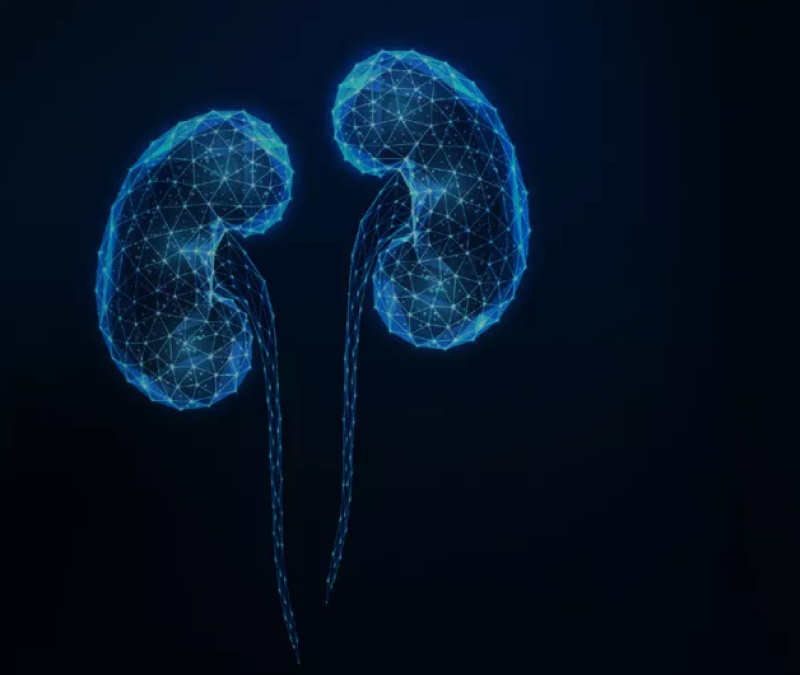Providing excellent clinical care to patients suffering from acute and chronic renal conditions, we are engineered to deliver excellent outcomes.
As one of the most technologically advanced kidney care hospital in Kolhapur, we are dedicated to caring for patients with all types of kidney disorders and abnormalities. These include clinical nephrology, haemodialysis, peritoneal dialysis, critical care nephrology and renal transplantation.
Conditions such as kidney infections, acute and chronic kidney failure, infections such as leptospirosis, dengue, kidney diseases due to diabetes mellitus, hypertension, cystic and stone disease, collagen vascular disease, inflammatory diseases, hereditary renal diseases, poisonings, pregnancy with hypertension and renal disease are treated here.
Additionally, our centre specialises in the treatment of a broad spectrum of urological conditions ranging from cancers of the urogenital and renal system to ailments such as male and female incontinence and even paediatric urology. Our experienced team includes kidney transplant specialists, nephrologists, urologists and support staff who meet the challenges of conducting multiple lifesaving procedures.
To address renal diseases holistically we have a team of social workers, psychologists, dieticians, nurses, technicians and transplant co-ordinators who provide the warmth and care to patients and families. At this department, we offer the most advanced diagnostics, comprehensive pre-operative evaluation and dialysis support, the latest facilities available in procedures, and complete post-operative care to minimise the chances of infection.




